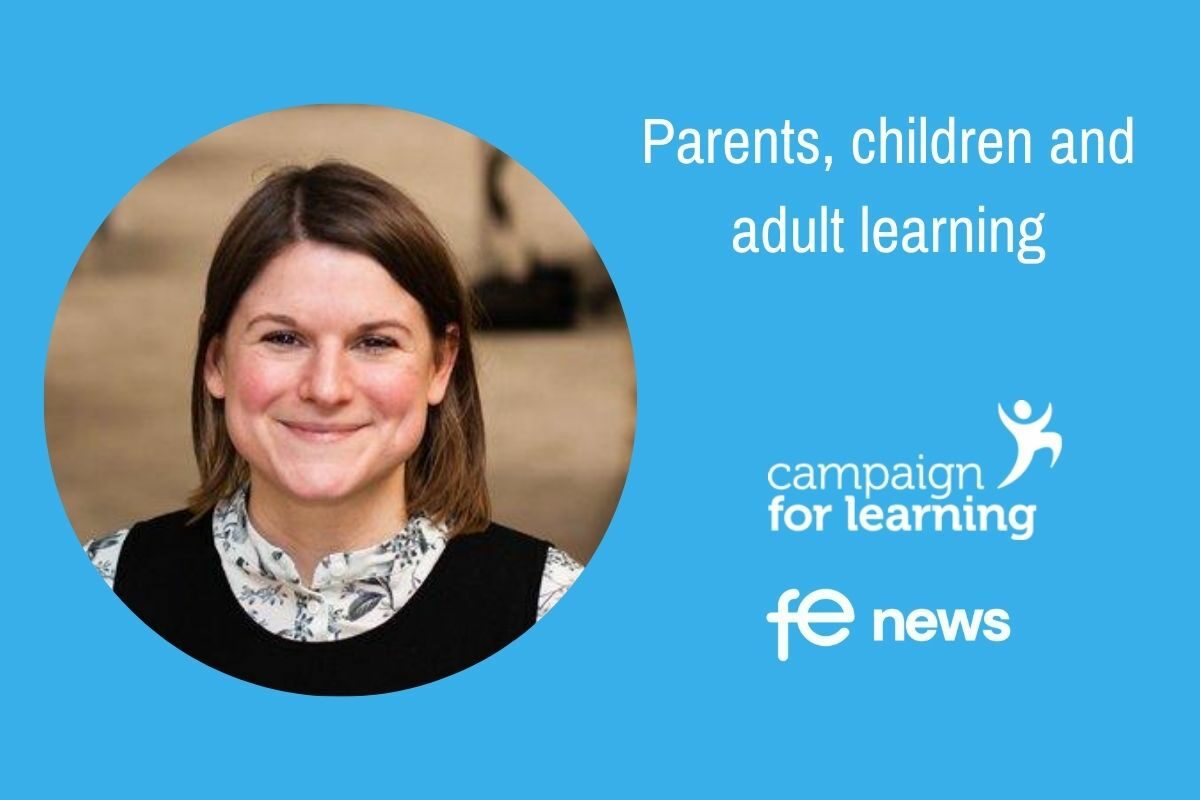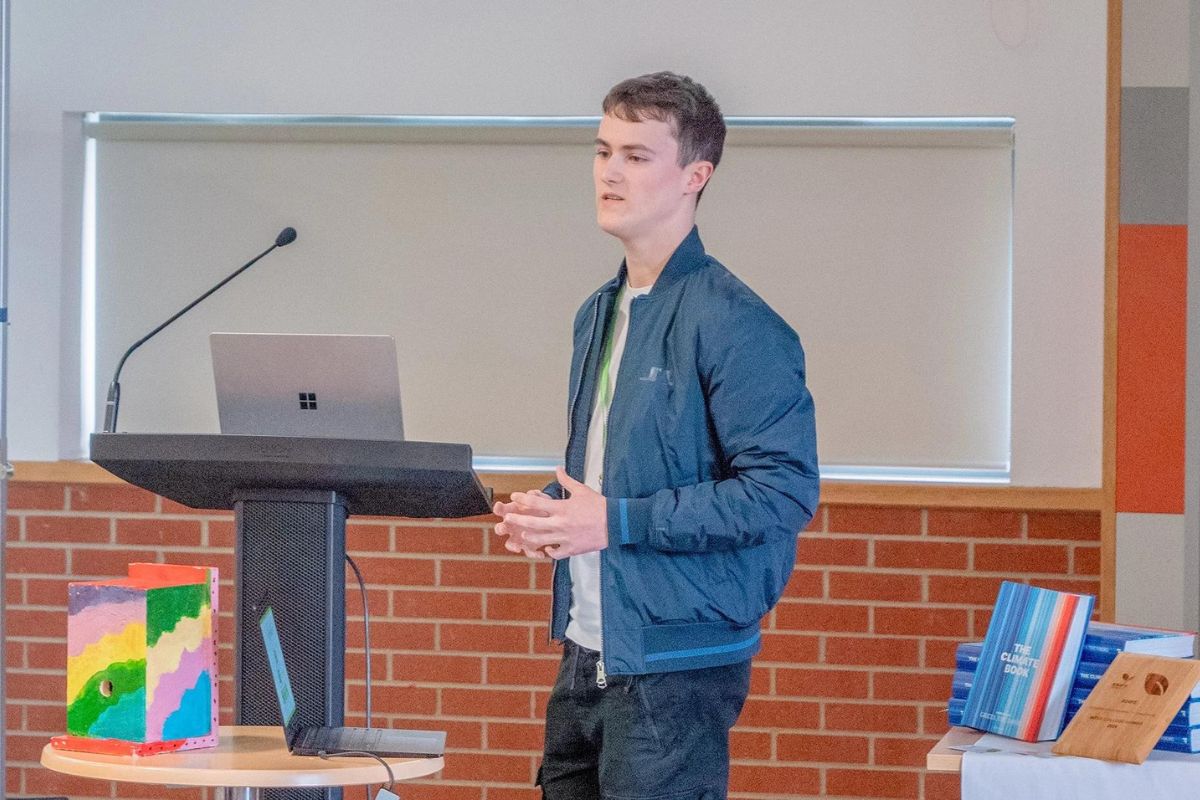Working with Parents in the Early Years to Get More Children School Ready

Even prior to the Covid-19 pandemic, disadvantaged children starting school were on average 4.5 months behind their peers (EPI, 2020). At the end of their reception year, children are furthest behind in mathematics, followed by literacy and language and communication skills.
In England, around 43% of children who claim free school meals are not reaching a good level of development in their reception year, compared with only 26% of their peers (DfE, 2019).
Since the pandemic, it is anticipated that this gap will have widened further, due to the impact of nursery and school closures on children’s early education, as well as the financial and emotional impact of the pandemic on families, which is expected to have hit poorer families harder (EPI, 2020).
What Causes the School Readiness Gap?
Children growing up in poverty are at greater risk of poor outcomes compared to their peers (Batcheler et. al., 2022). Research suggests that the impacts of low family income on children’s early development may be both direct (by reducing the resources parents have to buy things their children need) and indirect, by causing stress to parents, which can impact negatively on their parenting capacity (Batcheler et. al., 2022). However, while poverty puts additional stress on families, a negative impact on children’s outcomes is not inevitable; parenting can have a protective effect even in challenging circumstances (Kiernan and Mensah, 2011).
Challenges with Supporting Families
Recent increases in rates of relative child poverty present significant challenges for families with young children (Stewart & Reader, 2021). There is also less capacity in local services to support parenting and the home learning environment, due to a reduction in funding for children’s centres since 2010 (Batcheler et. al., 2022). A larger proportion of early years funding is now being channelled towards free entitlements for early childhood education, which begin at age 2 for disadvantaged children (Hobbs & Bernard, 2021).
In this context of limited public resources, the support that local areas can provide for parenting and the home learning environment needs to either be highly targeted, or able to be delivered at low cost. This presents challenges for efforts to impact on the school readiness gap at scale. Effective models of parenting support are needed, but low-cost models are in short supply. Most well-evidenced models to support children’s cognitive development through the home environment have involved intensive home visiting (Asmussen et al., 2016).
For example, one of the most well-evidenced models is the Family Nurse Partnership, which offers young mothers 64 home visits between early pregnancy until their child turns 2. At this level of intensity, it is only possible to offer targeted support to those families who need it most. While wider access to support would be beneficial, there is currently not enough evidence that lighter-touch parenting programmes can make a lasting impact on children’s cognitive outcomes (Batchelor et. al, 2022).
Opportunities for Innovation
While the school readiness gap presents significant challenges for the early years sector in the current financial climate, there are reasons to be hopeful. Evidence and practice in this space is continually evolving and there are opportunities to innovate and adapt existing models to lower the cost of delivery, with the aim of reaching more parents. One such example is the parenting programme Empowering Parents, Empowering Communities, which trains peer facilitators (local parents) to run group sessions with parents to help improve the quality of interactions with their children and boost their confidence. This programme has promising evidence for its effect on children’s behavioural outcomes, and can be delivered at low cost (EIF, 2016). This peer-led model for supporting parents is a promising approach to build on.
There is also growing evidence that online parenting programmes can be as effective as those delivered in person (Spencer et al., 2020). Digitally-enabled support for parents, such as Triple P Online, can offer parents increased flexibility in when they access support, as well as lowering the cost of delivery. There are opportunities to explore how peer-led and digital approaches could be combined to create flexible support models that enable more parents to access support.
There is also an opportunity to explore how digital tools used by children (e.g. apps and other digital media) can support children’s development in the home environment by building up their literacy and numeracy skills. A recent review of educational apps found that they can have a positive effect on children’s literacy and numeracy outcomes (Kim et al., 2021). However, many of these studies took place in early education environments, therefore more research is needed to test whether similar effects can be achieved when they are used at home.
Recommendation 1
Funders and researchers focused on the early years need to build the evidence base for lower cost interventions that can increase access to support targeting children’s social, emotional and cognitive development.
Recommendation 2
Existing delivery models of parenting support should be adapted to harness the power of peer groups and increase access via digital channels.
Recommendation 3
Government, local early years service providers and family networks should explore the opportunity of digital tools including mobile phone apps that can be used directly by children in the home environment to develop their literacy and numeracy skills.
By Louise Bazalgette, Deputy Director, Nesta
Read Campaign for Learning‘s press release here.
Parents, Children and Adult Learning: Family Learning Policy in the 2020s
Read previous articles here:
- Driving-Up Parental Engagement in Educational Catch-Up, Sam Freedman, Research Fellow, Institute for Government
- Focusing on Parents to Improve Social Mobility, Lee Elliot-Major, Professor of Social Mobility, University of Exeter
- Encouraging Parental Involvement in Children’s Learning Through School Communication, Adrian Burt, Founder, MarvellousMe
- Balancing Parental Support and Independence of 16-18 Year Olds in Further Education, Noni Csogor, Research and Policy Manager, Sixth Form Colleges Association
- Involving Parents and Guardians in Careers Support for 11-18 Year-Olds, Lesley Thain, Head of Career Programmes, Gatsby Foundation
- Enabling Parents to Get What They Need to Support Children to Learn, Kerry-Jane Packman, Executive Director, Parentkind












Responses